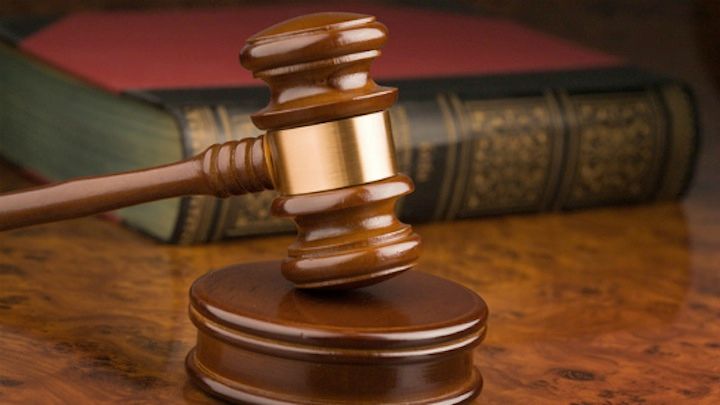Maldives celebrates historic penal code
A new penal code came into effect today, repealing a law written in 1968. Government offices, the opposition and influential figures have welcomed the law as a momentous change that will usher in major reforms to the Maldives’ criminal justice system.

16 Jul 2015, 16:00
Hassan Mohamed
A new penal code came into effect today, repealing a law written in 1968. Government offices, the opposition and influential figures have welcomed the law as a momentous change that will usher in major reforms to the Maldives’ criminal justice system.
The landmark law is hailed as one that is compatible with both the Islamic Shari’ah and international human rights standards. The penal code comes into effect nearly ten years after it was first drafted and despite recent efforts by the judiciary to overhaul it.
Attorney General Mohamed Anil today said the new law would bring the Maldives criminal justice system on to equal footing with that of other developed nations. Thanking all stakeholders involved in its enactment, Anil said the penal code is the most well-researched law to come into effect in the Maldives.
Law enforcement officers and public prosecutors have now been trained in its application with the help of a legal resource center set up by the UNDP, he said.
Become a member
Get full access to our archive and personalise your experience.
Already a member?
Discussion
No comments yet. Be the first to share your thoughts!
No comments yet. Be the first to join the conversation!
Join the Conversation
Sign in to share your thoughts under an alias and take part in the discussion. Independent journalism thrives on open, respectful debate — your voice matters.




